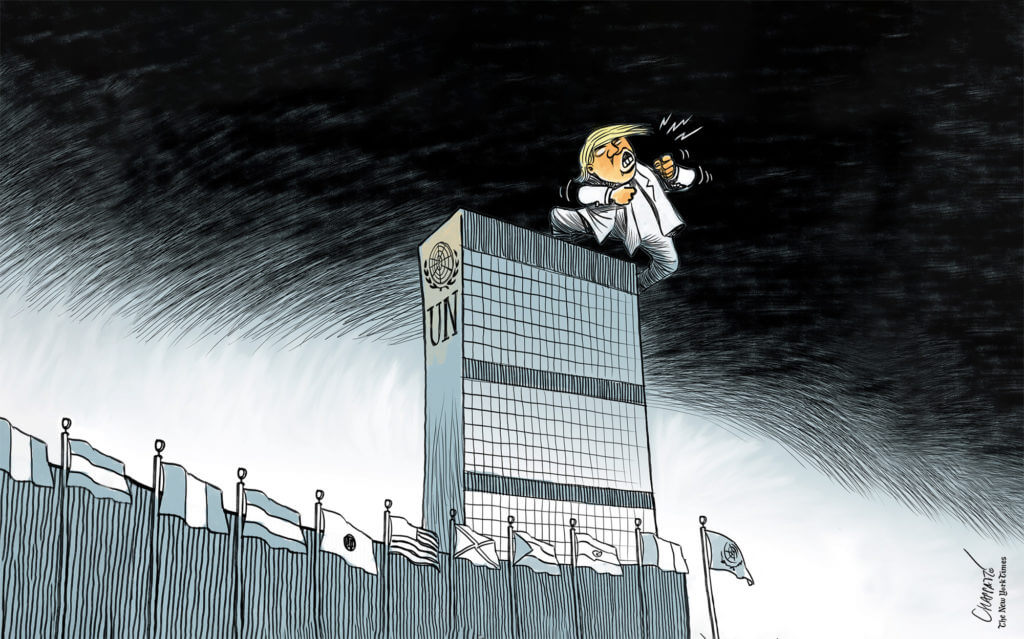The present Dossier takes stock of the current state of the multilateral system and its future prospects. It aims to explore to what extent global governance is in crisis as the global geopolitical order is undergoing fundamental shifts and liberal universalism is losing traction. It assesses potential of reform in extant institutions as well as emerging trends, tools and forums that are reshaping multilateral practice on a daily basis.
Note – The dossier was drafted before the Covid-19 world crisis.
After the outbreak of COVID-19 – a virus constituting a genuinely worldwide risk – fear internationalised in just a few weeks. As the COVID crisis has profoundly shaken societies on a global scale it has contributed to a reconfiguration – perhaps a multiplication – of risks and their perceptions. While foremost constituting a biological hazard, the pandemic has large repercussions on other types of risks, ranging from long-term economic and digital disruption to psychological distress and political confrontation. The nature and frontiers of risks are thus moving as the multilateral system, the most adequate framework to deal with global risks, is ailing and current risk mitigation strategies are increasingly put to question. The six articles of the present Dossier explore these changing hierarchies of risk and the underpinning structural issues that endanger our existence.
-
I

The Paradox of Risk in an Age of Global Contraction
Reading time: 4 min -
1

Moment of Surprise: The Anatomy of Biomedical Risk
Reading time: 5 min -
2

Finance and Risk over the Long Run
Reading time: 4 min -
3

Systemic Risk in the Financial System
Reading time: 5 min -
4

Understanding Global Environmental and Health Risks in the 21st Century
Reading time: 5 min -
5

Risky Entanglements between States and Online Platforms
Reading time: 5 min
